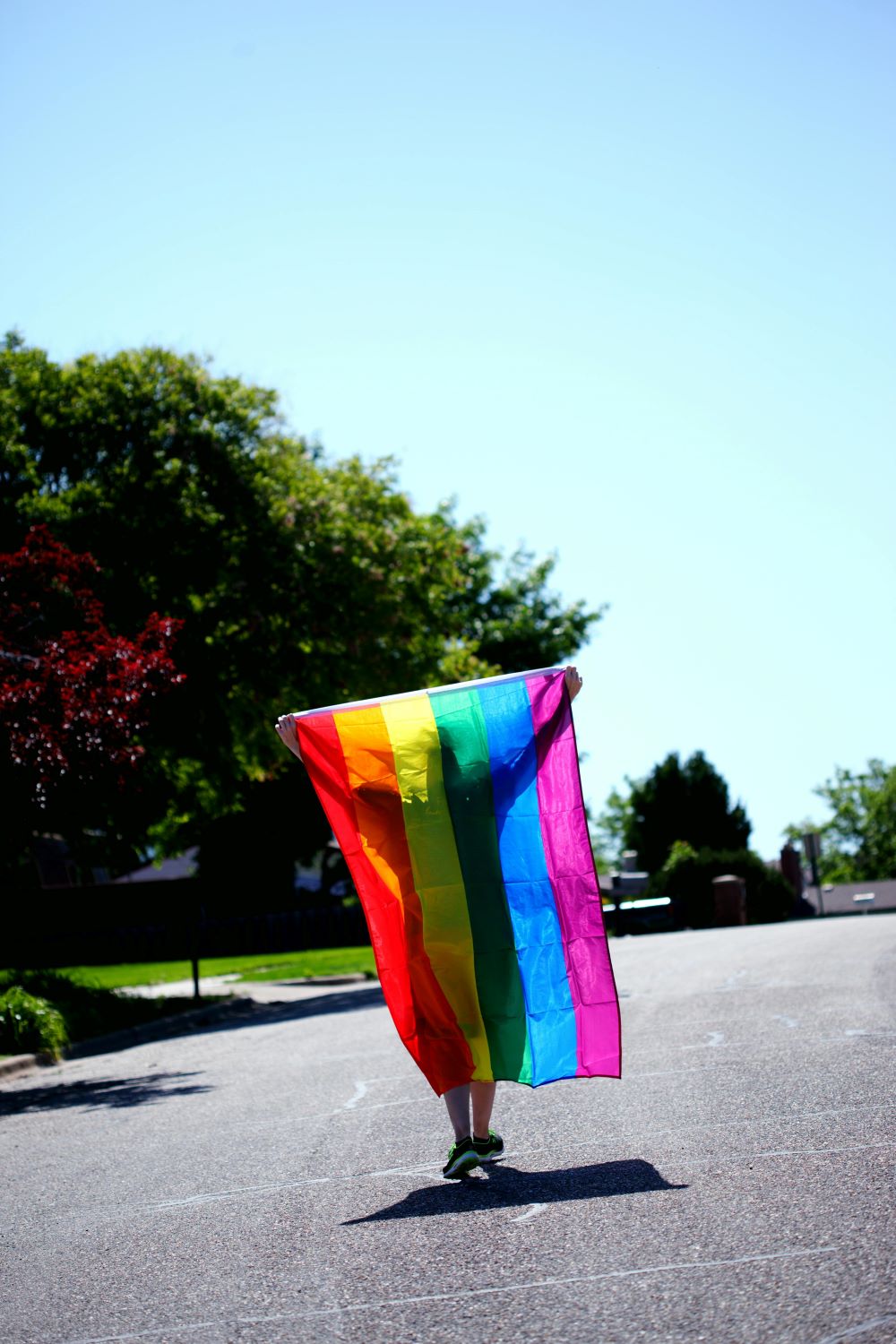Lawsuits allege that victims could have been spared had a ‘red flag’ law been in place.
In the wake of the 2022 mass shooting at Club Q, an LGBTQ nightclub in Colorado Springs, survivors and victims’ families have filed lawsuits against local authorities, alleging that enforcement of Colorado’s “red flag law” could have prevented the tragedy. On the second anniversary of the shooting, which killed five people and injured 25 others, these lawsuits highlight how law enforcement allegedly disregarded predictive warning signs about the shooter, Anderson Lee Aldrich—particularly that they failed to act on his known history of violent behavior.
The “red flag law,” enacted in Colorado in 2019, allows courts to temporarily seize firearms from individuals deemed a risk to themselves or others. Law enforcement can file a petition for this order, which lasts up to two weeks, after which a court hearing determines if the order should be extended. However, El Paso County, where Colorado Springs is located, resisted implementing the law, even passing a “Second Amendment Sanctuary” resolution to declare its opposition. Former El Paso County Sheriff Bill Elder was among several Colorado sheriffs who openly voiced their disapproval of the law, citing concerns about the constitutional right to bear arms. Elder, along with the county’s Board of Commissioners, now faces accusations from plaintiffs who argue that their stance obstructed the law’s use and compromised public safety.

According to the lawsuits, authorities had “credible and actionable information” about Aldrich’s propensity for violence, which should have prompted intervention. In 2021, Aldrich was arrested after allegedly threatening to set off a bomb and harm his mother. The charges were later dropped, and the records sealed, but the sheriff’s office had already decided not to pursue red flag orders without “probable cause and a signed search warrant.” For plaintiffs, this policy amounted to a failure to prevent foreseeable violence. The lawsuits argue that Elder’s policies and opposition to the red flag law “created or increased” the danger Aldrich posed by allowing him access to guns despite having a known violent history. The gunman had a criminal record that included felony menacing and violent threat charges.
In June 2023, Aldrich pleaded guilty to multiple charges, including state counts of first-degree murder and federal hate crime charges. He received life sentences without the possibility of parole, but, for the survivors and families of the victims, this provides little solace, particularly because they believe the system had plenty of opportunity to prevent the tragedy before it happened.
The lawsuits also target Club Q’s ownership, alleging security lapses that contributed to the tragedy. In previous years, the club had employed a team of five security personnel, including an armed guard, but it reduced its security measures to a single staff member who served multiple roles, from food runner to barback. Plaintiffs argue that this understaffing reflected a disregard for the increased security needs of LGBTQ venues, especially amid an increase in threats against these communities in recent years.
The aftermath of the Club Q shooting has brought renewed attention to red flag laws, in general, and their potential to prevent mass shootings. Proponents argue that these laws provide critical tools for intervening before violence occurs, allowing law enforcement to take preventive matters rather than intervening only after crimes occur. Opponents have raised concerns, however, about property rights and due process. In Colorado, where gun violence prevention remains a topic of intense debate, this case has ignited further criticism over how local policies interact with state laws designed to protect public safety. For survivors and victims’ families, the lawsuits represent not just a legal challenge but a call for accountability.
Sources:
Lawsuits allege Colorado officials ignored ‘red flag’ laws before Club Q shooting


Join the conversation!